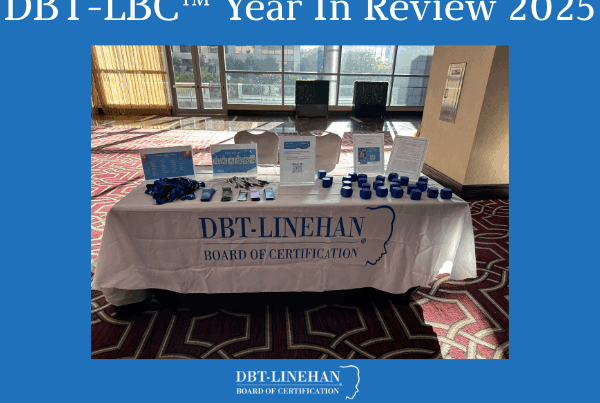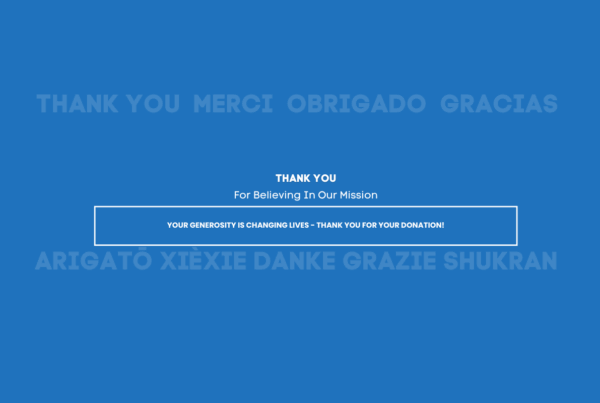July is Bebe Moore Campbell National Minority Mental Health Awareness Month, widely recognized as Black, Indigenous, and People of Color (BIPOC) Mental Health Awareness Month. At DBT-LBC™, we’re committed to raising awareness about mental health in BIPOC communities and highlighting how Dialectical Behavior Therapy (DBT) can support clients from diverse backgrounds.
Mental Health Trends in BIPOC Communities
According to the Substance Abuse and Mental Health Services Administration (SAMHSA), mental illness affects BIPOC individuals at rates comparable to, or even higher than, White individuals. Yet, significant disparities remain in access to mental health care.
Prevalence of Mental Illness Among U.S. Adults (by Race/Ethnicity):
- Multiracial Adults – 36.7%
- White Adults – 24%
- American Indian or Alaska Native – 23.5%
- Hispanic Adults – 20.6%
- Black Adults – 19.4%
- Asian Adults – 18.1%
- Native Hawaiian or Other Pacific Islander – Insufficient data
Percentage of Adults with Mental Illness Who Received Treatment:
- White Adults – 58.7%
- Multiracial Adults – 56%
- Hispanic Adults – 47.4%
- Black Adults – 43.8%
- Asian Adults – 34.7%
- American Indian or Alaska Native / Native Hawaiian or Other Pacific Islander – Insufficient data
There are several factors that may be impacting BIPOC individuals pursuing therapeutic services. These factors include stigma regarding therapy, discrimination, limited access to services, and fear of invalidation due to past invalidating experiences.
Making DBT More Culturally Responsive
Given differences in treatment rates, it’s essential that DBT is delivered in ways that are relevant and respectful of a client’s cultural values, experiences, and context. In recent years, researchers have explored how DBT can be delivered in a way that better reflects the needs of different communities.
For example, this may involve adjusting the language used, selecting metaphors that resonate more deeply with a client’s background, or addressing cultural influences on emotional expression and behavior. A systematic review of 18 studies found that these kinds of thoughtful, culturally responsive changes were generally well-received and positively impacted the therapeutic process. While promising, additional research is needed to assess how these tailored approaches compare to standard DBT in terms of outcomes.
How Clinicians Can Support BIPOC Clients in DBT
BIPOC Mental Health Awareness Month provides an important opportunity for clinicians to raise awareness, reduce stigma, and improve care for BIPOC clients. Here are several ways clinicians can meaningfully honor this month:
- Pursue continuing education on the latest, evidence-based approaches for treating BIPOC individuals
- Discuss how racism, discrimination, and stigma related to race, ethnicity, and culture play a part in BIPOC clients’ social invalidating environment.
- Find and utilize resources to increase access to DBT for BIPOC clients. For example, DBT-Rutgers University offers short, teaching videos on DBT skills that are available in English, Mandarin, Spanish, Norwegian, Portuguese, and French through YouTube. here
- Stay informed about ongoing research focused on improving and expanding DBT to make evidence-based treatment more accessible to individuals from diverse backgrounds.”
- Create a supportive, non-judgmental environment where BIPOC clients feel comfortable discussing their race, ethnicity, and culture and how it relates to their therapy work. By delivering DBT with cultural humility, curiosity, and openness, we can help ensure that all clients, regardless of their background, receive the high-quality, affirming care they deserve. BIPOC Mental Health Awareness Month reminds us of the importance of that mission, now and throughout the year.
Do you have ideas on expanding the reach of DBT into BIPOC communities? Please feel free to visit our website here or email [email protected] with thoughts or suggestions. We look forward to hearing from you!”
Citations
- Haft, S. L., O’Grady, S. M., Shaller, E. A. L.,& Liu, N. H. (2022). Cultural adaptations of Dialectical Behavior Therapy: A systematic review, Journal of Consulting and Clinical Psychology, 90(10), 787-801.
- Substance Abuse and Mental Health Services Administration. (2024). Key substance use and mental health indicators in the United States: Results from the 2023 National Survey on Drug Use and Health (HHS Publication No. PEP24-07-021, NSDUH Series H-59). Center for Behavioral Health Statistics and Quality, Substance Abuse and Mental Health Services Administration. https://www.samhsa.gov/data/report/2023-nsduh-annual-national-report





